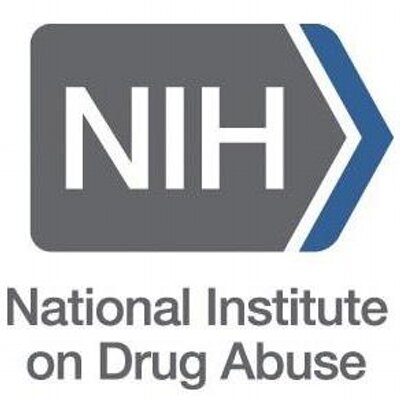Social Anxiety Disorder
A person with social anxiety disorder feels symptoms of anxiety or fear in certain or all social situations. The person is afraid that he or she will be humiliated, judged, and rejected. The fear that people with social anxiety disorder have in social situations is so strong that they feel it is beyond their ability to control.
Call us at 469-714-0006 or email us at info@exulthealthcare.com
Social Anxiety Symptoms
- Fear of physical symptoms that may cause you embarrassment, such as blushing, sweating, trembling or having a shaky voice
- Avoiding doing things or speaking to people out of fear of embarrassment
- Avoiding situations where you might be the center of attention
- Spending time after a social situation analyzing your performance and identifying flaws in your interactions
- Expecting the worst possible consequences from a negative experience during a social situation
- Blushing
- Fast heartbeat
- Trembling
- Sweating
- Upset stomach or nausea
- Trouble catching your breath
- Dizziness or lightheadedness
- Feeling that your mind has gone blank
- Muscle tension
Avoiding the following:
- Interacting with unfamiliar people or strangers
- Going to work or school
- Starting conversations
- Making eye contact
- Dating
- Entering a room in which people are already seated
- Eating in front of others
- Using a public restroom
Causes of Social Anxiety Disorder?
Social anxiety disorder usually starts during youth in people who are extremely shy. Without treatment, social anxiety disorder can last for many years or a lifetime and prevent a person from reaching his or her full potential.
- Inherited traits. Anxiety disorders tend to run in families. However, it isn’t entirely clear how much of this may be due to genetics and how much is due to learned behavior.
- Brain structure. A structure in the brain called the amygdala (uh-MIG-duh-luh) may play a role in controlling the fear response. People who have an overactive amygdala may have a heightened fear response, causing increased anxiety in social situations.
- Environment. Social anxiety disorder may be a learned behavior — some people may develop the condition after an unpleasant or embarrassing social situation. Also, there may be an association between social anxiety disorder and parents who either model anxious behavior in social situations or are more controlling or overprotective of their children.
Scientific Backing of Social Anxiety Disorder
Strategies on how to deal and cope with social anxiety for modern day.
Understanding how social anxiety works and the treatments possible.
An overview of how social anxiety affects daily life and the different ways.
Key Benefits of Treatment at Exult
Treatment helps many people—even those with the most severe forms of bipolar disorder—gain better control of their mood swings and other bipolar symptoms.
- Medications – Mood stabilizers, atypical anti-psychotics, and antidepressants
- Therapy
- Group therapy
- Access to on-site psychiatrist
- Providers working together
- Tailored programs to fit your needs
- Afternoon and weekend hours
- Yoga and Mindfulness
Some anxiety is normal, but see your doctor if:
- You feel like you’re worrying too much, and it’s interfering with your work, relationships or other parts of your life
- You feel depressed or irritable, have trouble with drinking or drugs, or you have other mental health concerns along with anxiety
- You have suicidal thoughts or behaviors — seek emergency treatment immediately
Our therapists help you with impulse control, compulsion control, emotional adjustments, and social adjustments.
We do take multiple insurances such as United, Blue Cross Blue Shield, Aetna, and Medicare but we suggest you discuss any major medical decisions with your insurance provider.
We offer medication management but we try to keep an open discussion between the client, therapist, and psychiatrist as to the needs of the client.





